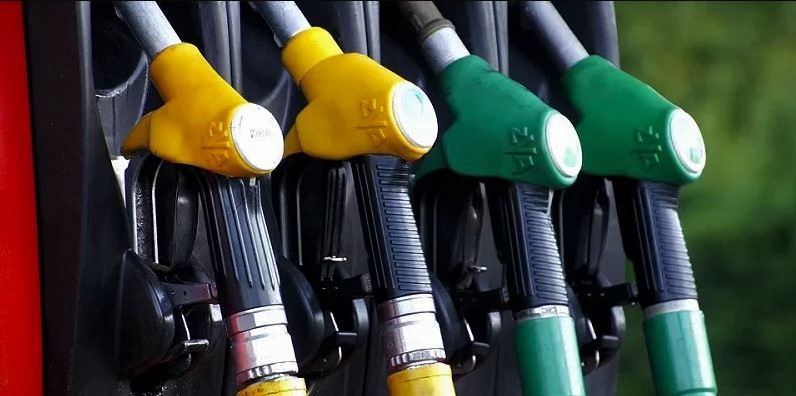The RTFO Explained

In 2008, the Department for Transport placed an obligation on suppliers of transport fuels to demonstrate that a proportion of the fuel they supply comes from renewable sources.
This obligation, known as the Renewable Transport Fuel Obligation (RTFO), aims to reduce greenhouse gas emissions from vehicles, ultimately supporting the Government’s target of net zero by 2050.
Transport covered under the RTFO
The RTFO aims to reduce greenhouse gas emissions from fuels supplied for use in the following vessels:
- Road vehicles
- Non-road mobile machinery (NRMM) for example agricultural plant (including inland waterway vessels which do not normally operate at sea)
- Tractors
- Recreational craft that do not normally operate at sea
Fuels covered by the order
The RTFO order also covers the following renewable and non-renewable fuels for use in the above-named transport vessels:
Any wholly renewable fuel, including:
- Biofuel
- Renewable fuels of non-biological origin (RFNBO)
The following non-renewable fuels are covered by the RTFO Order, where used for road transport or NRMM end uses in the UK:
- Petrol
- Diesel
- Gasoil
- The non-renewable portion of any partially renewable fuel
Meeting the obligation’s criteria
Suppliers of fuels, both renewable and non-renewable, totalling 450,000 litres or more in an obligation period* have a responsibility under the RTFO. They meet their obligation in one of two ways:
- By claiming their Renewable Transport Fuel Certificates (RTFCs) for the supply of renewable fuels, or
- By paying a fixed sum for each litre of fuel for which they wish to ‘buy-out’ of their obligation (for the supply of non-renewable fuels).
*The obligation period as designated by the Administrator of the RTFO is from the 1st January to 31st December. Further details on how to claim RTFCs are outlined below.
Renewable Transport Fuel Certificates (RTFCs)
In order to claim RTFCs, obligated suppliers must apply, and receive approval, for an account with the Administrator. As part of the application process, before the applicant can redeem the RTFCs, the data behind such transport must be evidenced and independently verified by the Administrator.
For every litre of renewable fuel, one certificate can be claimed. However, some fuels are incentivised and awarded double the RTFCs per litre (or kilogram) supplied, depending on specific wastes and residues. Examples of such fuels include those derived from dedicated energy crops and RFNBOs.
Gaseous renewable transport fuels, such as bio-methane, are awarded on a per kg basis. The number of RTFCs awarded per kg of each gaseous fuel reflects the energy density of the gas compared to the average energy density of liquid renewable transport fuels supplied.
RTFC trading
Once a supplier is awarded RTFCs, they may be traded on the open market, similar to the Renewables Obligation scheme’s certificates, ROCs. As with ROCs, the price of an RTFC is variable as it is a market driven mechanism.
More information
Some newly published information on the RTFO can be found on the gov.uk website, including information on how to apply, meeting the obligation and further details of the order itself.
You can read more about renewable transport in our blogs on renewable transport opportunities and the role of biomethane in transport.
If you're interested in Action Renewables trading RTFCs on your behalf, get in touch with our team today.



